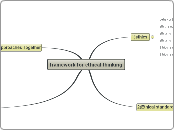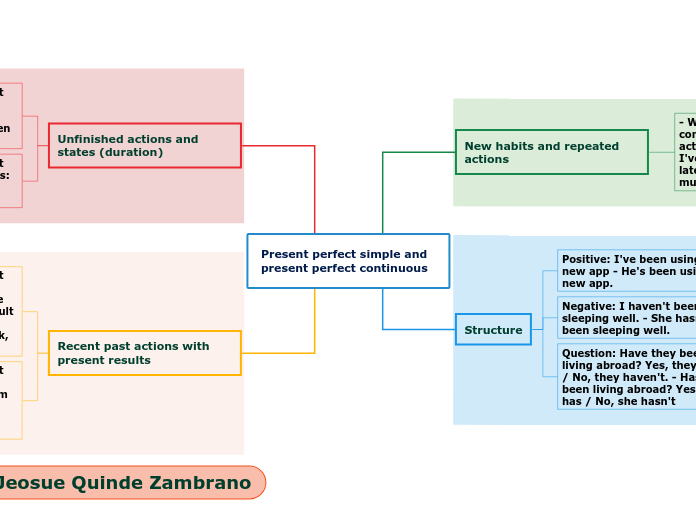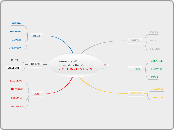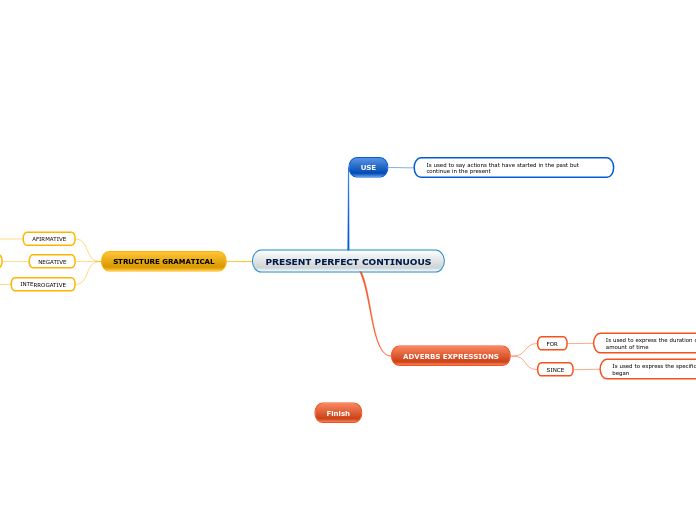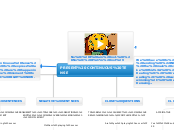a zeinab amr 14 éve
1238
ethical thinking
Ethical thinking involves understanding that ethics is distinct from science, religion, cultural norms, law, and personal feelings. To make ethical decisions, one must evaluate alternative actions, make and test decisions, gather facts, act, and reflect on outcomes, and recognize ethical issues.
